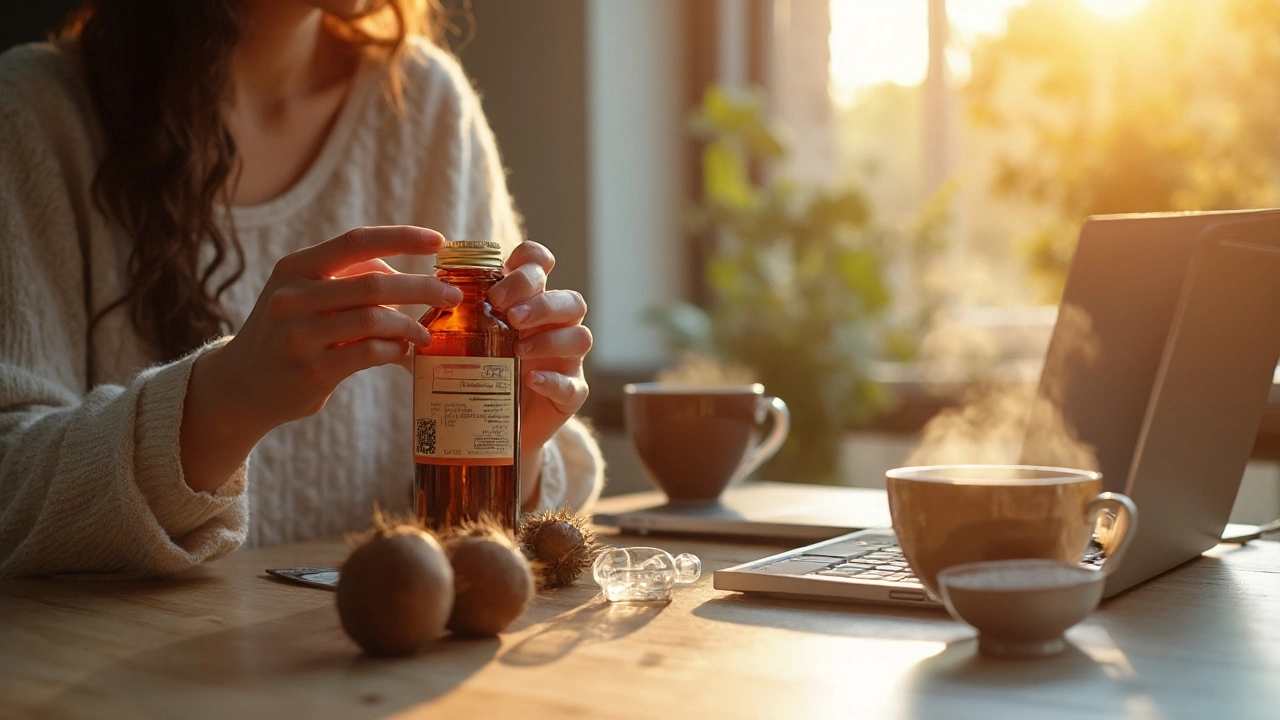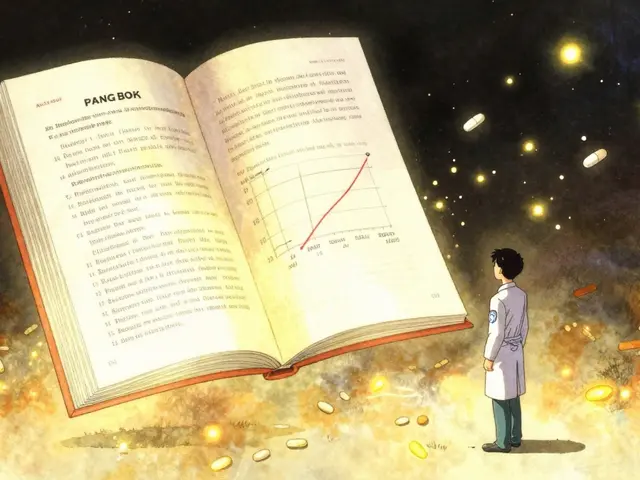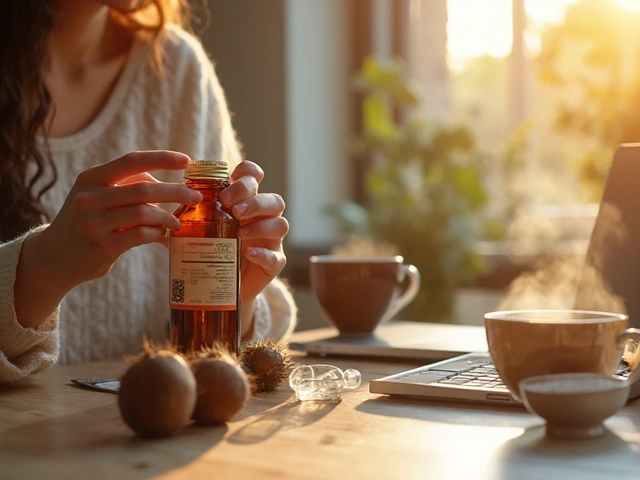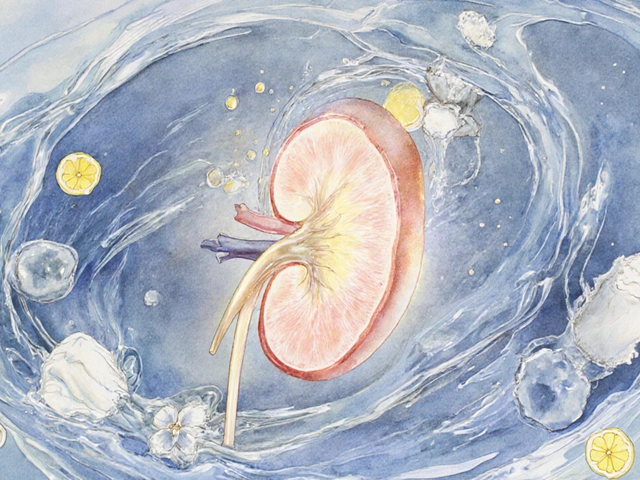European Chestnut Supplement – What It Is and Why It Matters
If you’ve ever heard of horse chestnut or the sweet‑smelling chestnut trees walking through European parks, you might wonder if their bark or leaves can help you feel better. The answer is yes – many people use a supplement made from the extract of European chestnut (Castanea sativa) to support heart health, circulation, and even skin. Below we break down the basics so you can decide if it fits your routine.
Top Health Benefits
First off, chestnut extract is packed with flavonoids and a compound called aescin. Those ingredients act like tiny protectors for blood vessels, helping them stay flexible and reducing swelling. Users often report less leg heaviness, fewer varicose veins, and a little boost in overall circulation.
Second, the seed and bark contain a good amount of vitamin C, potassium, and antioxidants. Those nutrients can help fight free‑radical damage, which means they may support skin elasticity and immune function. Some small studies also point to a modest drop in blood pressure for people who take the supplement consistently.
Third, chestnut flour is used by athletes for its energy‑dense carbs. It’s low on the glycemic index, so it gives a steady fuel release without spiking blood sugar. That’s why a few fitness fans add chestnut powder to smoothies or oatmeal for a natural energy lift.
How to Use & Choose a Good Product
Most supplements come as capsules, tablets, or liquid extracts. The typical adult dose ranges from 100 mg to 300 mg of standardized aescin per day, split into two servings. If you’re starting out, try the lower end for a week and see how you feel before moving up.
Look for products that list aescin content on the label – that’s the active part. Third‑party testing seals (like USP or NSF) are a good sign the manufacturer checks for purity and contaminants. Avoid anything that adds a lot of filler or artificial flavors if you’re sensitive.
Take the supplement with food to improve absorption and lower the chance of stomach upset. If you’re on blood thinners or have a bleeding disorder, check with a doctor first because chestnut can thin the blood a bit.
Buying online? Stick to reputable pharmacies or health stores that give clear sourcing info. European chestnut grown in the Alps or the Balkans often has higher aescin levels than generic sources, so a country‑of‑origin note can be helpful.
In short, European chestnut supplement can be a simple addition to help circulation, skin, and steady energy. Start low, watch your body, and pick a product that shows clear dosage and testing. With those steps, you’ll get the most out of this natural helper without unnecessary risks.
European Chestnut Supplements (2025 Guide): Benefits, Evidence, Dosage, and Safety
Curious about European chestnut supplements? Learn benefits, real evidence, dosing, safety, and how to choose a quality Castanea sativa extract in 2025.





